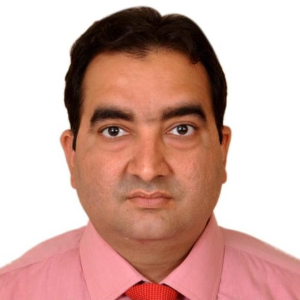Title : Cerebral infarction and tuberculoma in central nervous system tuberculosis: Frequency and prognostic implications
Abstract:
Background: Tuberculoma and cerebral infarctions are serious complications of central nervous system (CNS) tuberculosis. However, there are no studies comparing prognostic value of tuberculoma and infarcts alone and in patients diagnosed with CNS tuberculosis.
Objective: The objective of this study was to identify frequency and prognostic value of tuberculoma and cerebral infarcts in a large sample of CNS tuberculosis patients.
Methods: Retrospective chart review of patients diagnosed with CNS tuberculosis in a tertiary care hospital in Pakistan over 10-year period was carried out.
Results: There were 404 patients included in this study (mean age of 43 years). There were 209 (52%) men and 195 (48%) women. Tuberculoma were present in 202 subjects (50%) while infarcts were present in 25% patients. 147 (36%) had tuberculous meningitis (TBM) without tuberculoma or infarction on CT or MRI, 158 (39%) had TBM with intracranial tuberculomas, 60 (15%) had TBM with cerebral infarction while 39 (10%) had TBM with both tuberculoma and infarction. At discharge, 249 patients (62%) were either normal (Modified Rankin Score (MRS)=0) or mild to moderately disabled (MRS=1-3) while 82 patients (20%) had severe disability (MRS=4-5). 73 (18%) patients died (MRS=6) during hospitalisation. Using logistic regression analysis, significant predictors of poor outcome included old age, high TBM grading, presence of infarction and presence of hydrocephalus.
Conclusions: Tuberculomas were present in 50% of patients, while infarcts were present in 25%. Old age, TBM grading, presence of infarction and hydrocephalus were all predictors of poor outcome.



